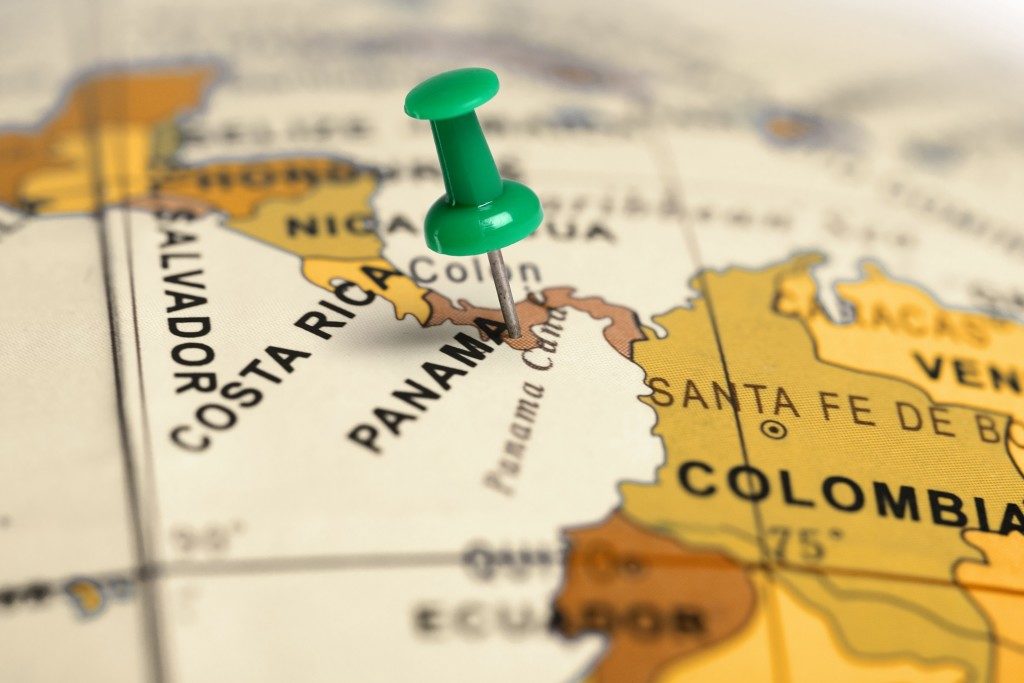
Mark Skousen at Investment U, the Educational Arm of the Oxford Club shares his views on investing in Panama vs. Cuba.
Now Panama City looks like Hong Kong and even has a Trump Tower. Some call it the “Singapore of Latin America.” Unlike neighboring Venezuela (or Cuba for that matter), Panama has pursued a pro-growth policy of free enterprise, relatively low taxes and sound money. Years ago, it adopted the U.S. dollar as its official currency. Richard Rahn, a Cato expert who spoke at the conference, said it well, “Panama is successful because it has no central bank.”
More ships are registered in Panama than any other country, including Hong Kong. It has the second-largest free trade zone in the world (Colón). It has smartly expanded the canal to handle the supertankers. Trade exceeds its GDP!
Despite crises from time to time (last year’s Panama Papers scandal, crime, corruption and severe inequality), Panama has the fastest-growing economy in Latin America, and it’s disappointed when the growth rate is less than 8%. It has, by far, the largest per capita income in Central America.
It has done a great job in running the canal since taking it over from the U.S. in 2000.
It has done a good job of attracting talented immigrants and retirees from both the U.S. and Latin America who are looking for an inexpensive and safe place to live. Foreign investment increases every year by double digits. Young Panamanians go to the U.S. to get advanced degrees – but then return to go to work.
Panama is one of the few Latin American countries ranked in the “most free” category of the Fraser Institute’s “Economic Freedom” report. As Bob Adams, president of Panama Wave S.A., concludes…
Panama’s economy is based on free enterprise. The government and the people of Panama have a commitment to free enterprise that is rare in Latin America. In the 2014 presidential elections, two candidates with a socialist perspective took part in the televised debates and ran campaigns, but barely collected 1% of the vote between them.
How to Invest in Panama
When asked if it’s time to invest in Cuba, Alex Green answered, “not yet.” He states, “[There] are precious few opportunities for investment in Cuba right now. If the country undergoes a wide-ranging economic liberalization, that could change. But I wouldn’t hold my breath.”
Opportunities are better in Panama, whether it’s investing in real estate or its booming stock market. There is no Panama country fund, but there are two stocks that trade on the New York Stock Exchange:
- Banco Latinoamericano de Comercio Exterior S.A. (NYSE: BLX), a bank stock selling for only 11 times earnings and sporting a 5.7% dividend yield
- Copa Holdings S.A. (NYSE: CPA), a Panama-based airline that lost money last year but is expected to make good profits this year. It yields 2%. I took Copa to Panama and found it completely full both ways. It also offered two meals on its seven-hour flights to and from Los Angeles. My kind of airline.
Good investing, AEIOU,
